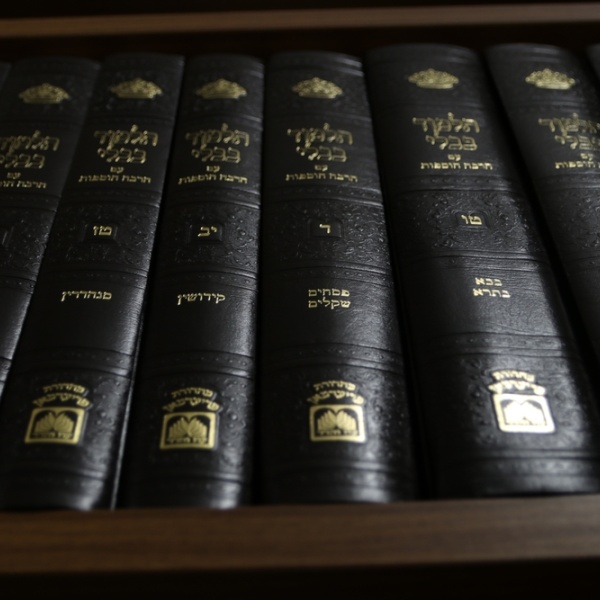
It is always fascinating how a most technical, even obscure, discussion can reveal and lead to a discussion on fundamental concepts of Judaism revealing much about our Sages and life in general.
One such example is a discussion relating to defining the precise date of the end of summer (something that is all too soon!). Such date is important to establish the parameters for one who takes a vow not to drink wine until the summer is over. Instinctively we might all answer September 21 but such an answer, while scientifically accurate, cannot be relied on as people do not speak scientifically and "in vows we determine the law based on how people speak". Today we might say the last day of summer is Labour day, as school readies to re-open. In Mishnaic times the summer ended when "the knives are folded". This cryptic phrase is generally understood to mean the time when farmers put their knives used in the harvesting of figs away for the winter.
Putting the knives away not only allows the one who took the vow to drink wine but such indicates that whatever few figs may be left on the trees are hefker, ownerless as they are no longer desired by the owner. First come first served as all may avail themselves of these leftovers. The Gemara thereafter relates a series of stories where despite the apparent permissibility of eating such leftovers not all were comfortable when such was done. The most striking involves Rabbi Tarfon who was eating 'after the knives had been put away' and yet he was attacked, thrown into a sack and taken to be cast in the river. As he was being led to the river Rabbi Tarfon cried out "woe unto Rabbi Tarfon that this man is killing him" (Nedarim 62a).
While the about to be murderer had little concern for human life he apparently harboured much respect for Rabbis[1]. Upon realizing whom he was carrying he left him and fled[2]. I would have expected this to be the end of the story. However we are told that "Rav Abbahu said in the name of Rav Chananiah ben Gamaliel: All his lifetime that pious man [Rabbi Tarfon] grieved over this, saying. 'Woe is me that I made [profane] use of the crown of the Torah!
This is rather unbelievable. And it does not even appear to be true. Rabbi Tarfon fearing he would be killed lamented such. He apparently did not even plead for his life, made no request that as a Torah scholar he should have mercy bestowed upon him. And if he did what would be wrong? Deriving benefit from Torah is not one of the three cardinal sins one must forfeit one's life for. In fact one can question why Rabbi Tarfon did not plead for mercy based on his Torah scholarship? But such was the view of our Sages who eschewed receiving any benefit from their proficiency in Torah[3].
That is all nice but isn't Rabbi Tarfon obligated to do what he can save his life? Surley he did nothing wrong. To this the Gemara explains that what upset Rabbi Tarfon so greatly was that "he was very wealthy (not just wealthy but very wealthy) and he should have pacified him with money". That such could have worked is indicated by the claim of the Gemara that the reason he was attacked in the first place was "because someone had been stealing his grapes all the year round, and when he found Rav Tarfon, he thought that it was he". Being the straw that breaks the camels back can be costly.
This leads to a beautiful discussion about the relationship between Torah and those who study it. All because someone took a vow not to have wine over the summer.
[1] While it reflects a perverted sense of values it is not as strange as it seems. History is replete with mass murderers who would not kill certain types of people. One need look no further than the organized crime to see how those who murder are often most respectful of others. These people have little use for the Biblical notion that all are created in the image of G-d or "even" the Declaration of Independence and its "all men are created equal" claim.
[2] Apparently Rabbi Tarfon had a knack for attracting criminals. The Mishna in Brachot records how while reciting shema on the side of the road he was attacked by robbers.
[3] This view was particularly championed by the Rambam who writes that one who thinks they should not work and study Torah and be supported by charity "desecrates the name of G-d, humiliates the Torah, extinguishes the flame of religion, causes damage to himself and removes himself from the world to come" (Laws of Talmud Torah 3:9). Needless to say there are other views which disagree - especially in our day and age. I briefly discussed the issue here.
